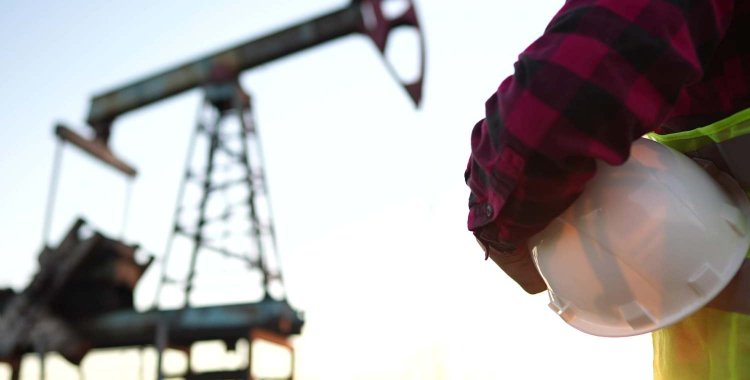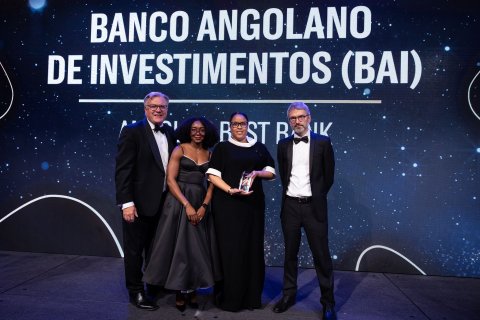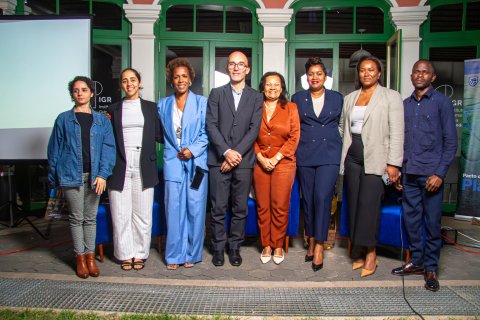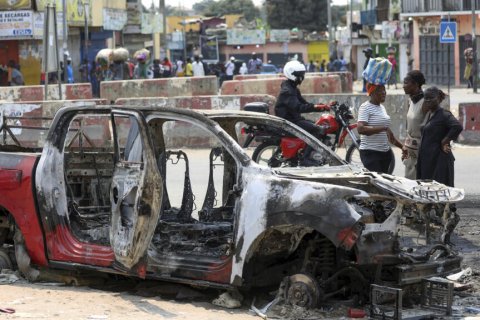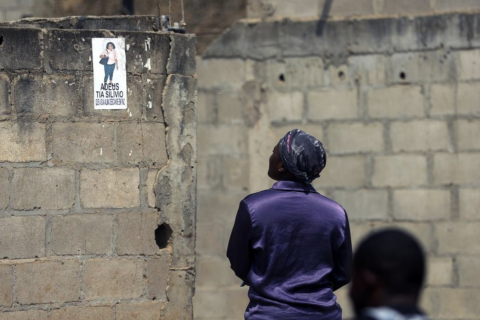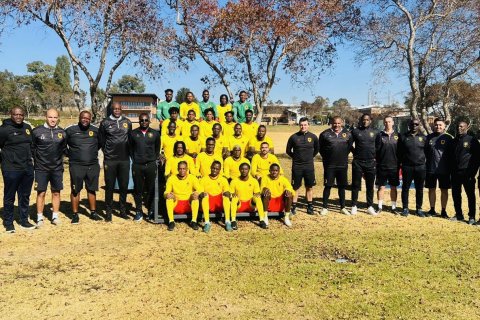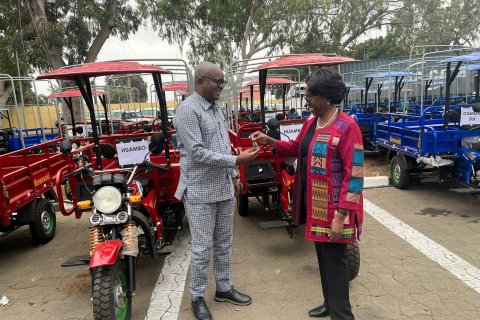Speaking to Lusa regarding the visit of the Brazilian President, Luiz Inácio Lula da Silva to Angola, between Friday and Saturday, Flávio Inocêncio considered that more than the 'upstream' (production) there will be interest on the part of Brazil in developing the cooperation in the petrochemical sector with Angola, the second largest oil producer in Africa.
"There are three refinery projects in Angola – Lobito, Cabinda and Soyo – and these have a connection to the petrochemical sector, this is also a way to export added value of oil and gas, there I see enormous potential for Brazil in terms of partnerships , because it has 'know how' and technology", he highlighted.
The oil analyst stressed that Brazil has many domestic opportunities in terms of production, since the Brazilian state oil company, Petrobras, unlike its counterpart, Sonangol, operates most of the oil concessions in Brazil and is producing more than two million of barrels only in the pre-salt.
"Until now, Petrobras has never sought to participate in public tenders for the bidding of oil blocks in isolation", he said, referring to the new round of tenders that are being prepared for September for oil exploration in the onshore basins of the Lower Congo and the Kwanza.
The specialist considers that Angola can promote the oil sector, offering better financial conditions to investors who bid and tax incentives, less bureaucracy and problems in issuing licenses and relaxing the rules on local content that "end up scaring away investors".
But, "Angola cannot escape the geological reality and, sometimes, it seems that people do not understand this, they think that it is just a political problem, when the reality is that Angola has limited geological reserves, it always has", he underlined.
Flávio Inocêncio also said that Sonangol should have better conditions to produce oil, as the state oil company "never managed to produce oil, independently, in a significant way", producing only 5 percent of national oil.
"This is very little for a company that claims to be an oil company, but has essentially been a manager of oil concessions", he noted, also warning of the "myths" related to decarbonization and the energy transition.
"Sonangol [which is expanding its business areas to solar energy] is not an electricity company, when we talk about renewable energies we are talking about an electricity business model. oil and gas for electricity exports, not least because this business is essentially local and regional. Maybe there are companies that can be created and do this role better", he pointed out, arguing that these aspects should be "rethought".
For this official, oil exports will be more easily replaced by agribusiness and the mineral sector, areas that will have "a big 'boom'" in Angola.
On the other hand, the visit by Lula, who wants to restore African ties, especially with Angola, could be a new breath of life for Biocom - Companhia de Bioenergia de Angola.
"Brazilians are very good at biofuels and this could be an avenue for Angola to also diversify exports", pointed out the analyst.
The company, created to develop sugar, ethanol and electricity production projects in which Sonangol, Odebrecht and the State participate through the State Asset Management and Participation Institute (IGAPE), is practically at a standstill and technically bankrupt.
Flávio Inocêncio also addressed the advantages of Angola being able to join the BRICS, due to the development bank that is intended to be created, a topic that could also be on the agenda of the two presidents.
The bloc, formed by Brazil, Russia, India, China and South Africa, announced this Thursday the expansion to new members, such as Saudi Arabia, United Arab Emirates, Argentina, Egypt, Iran and Ethiopia who were "invited" to join .
President João Lourenço did not attend the summit, which is taking place in South Africa, but for the analyst this does not mean disinterest, but rather a skillful way of maintaining equidistance due to the conflict in Ukraine.

